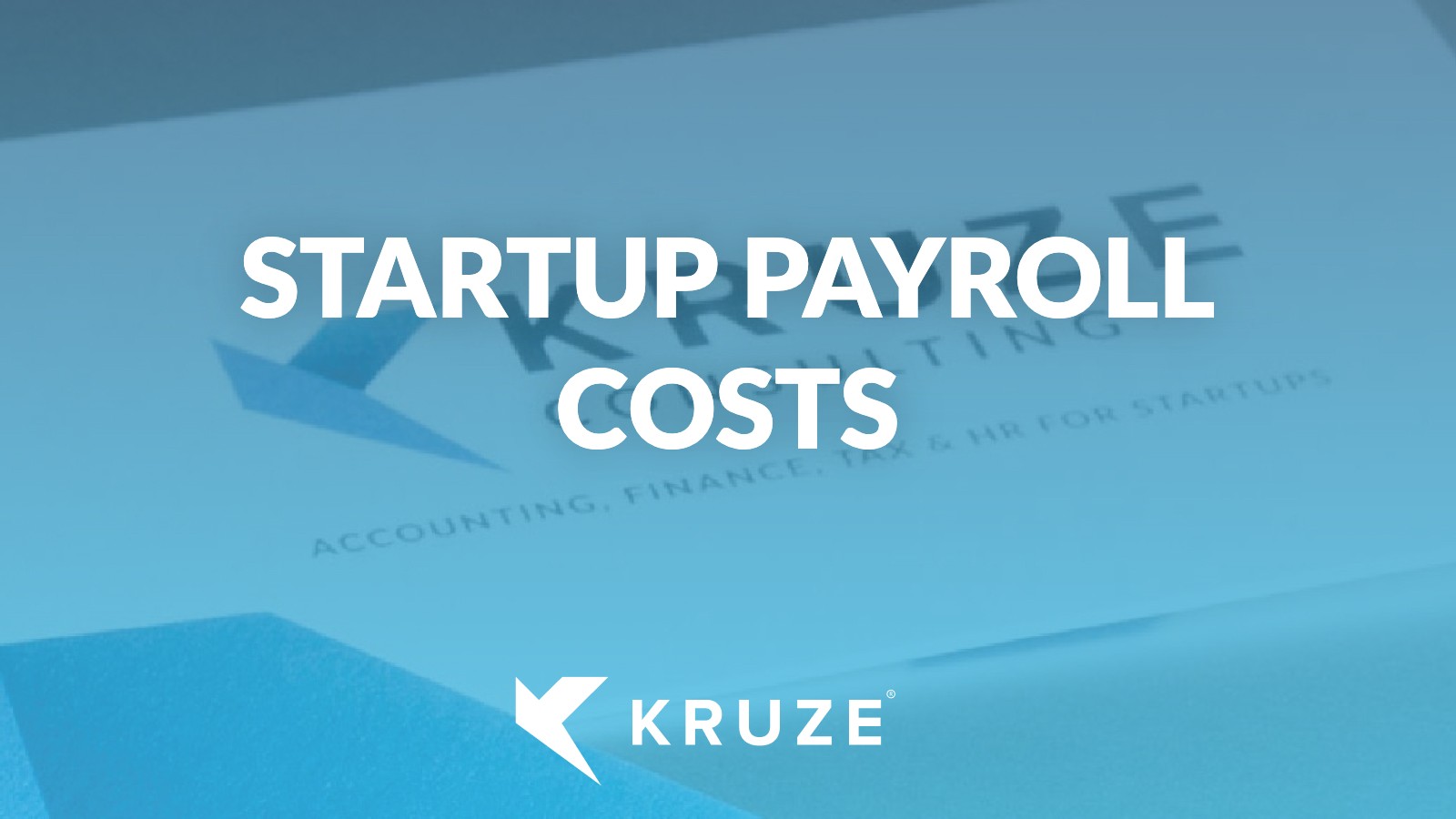In today’s fast-paced business world, payroll software is no longer a luxury—it’s a necessity. Whether you’re running a bustling restaurant or a cutting-edge tech startup, paying employees accurately and on time is critical. But here’s the question many business owners often overlook: should all industries pay the same for payroll services? This article dives into the nuances of industry-specific payroll needs and explores whether a one-size-fits-all pricing model is fair—or even logical.
Understanding Industry-Specific Payroll Needs
While payroll involves a standard set of tasks—calculating wages, withholding taxes, and issuing payments—the complexity of these tasks can vary greatly between industries.
Restaurants: High Turnover, Multiple Pay Rates
Restaurants often deal with high employee turnover, part-time workers, tipped wages, and varying schedules. Managing payroll for such a dynamic workforce requires more than just basic automation—it demands flexibility. Tips must be reported and taxed correctly, and employees often work irregular hours across shifts.
Add in state-level labor laws that apply differently to restaurant workers—like meal break requirements or split shift premiums—and it becomes clear that payroll for the hospitality industry is anything but simple.
Tech Startups: Salary-Based Teams, Equity, and Contractors
Tech startups, on the other hand, tend to operate with a lean team of salaried employees. Payroll cycles are typically straightforward, with consistent monthly salaries and fewer fluctuations. However, startups may also offer equity compensation and often hire remote contractors across multiple states or countries. This brings in the need for handling international payments and understanding the compliance issues that vary from region to region.
Should They Pay the Same?
If two industries have such different needs, is it fair—or practical—to charge them the same for payroll services?
Why Uniform Pricing Doesn’t Make Sense
Imagine going to a car mechanic and being charged the same price for an oil change as someone who needs a full engine replacement. It wouldn’t make sense. The same principle applies to payroll pricing.
A restaurant owner with 50 part-time employees working variable hours should not be expected to pay the same as a startup founder with 10 salaried developers on staff. The workload, compliance risks, and customer support demands are significantly different.
Yet many payroll providers still operate on flat-rate pricing or only offer limited-tier plans that don’t truly scale based on industry needs.
The Case for Industry-Tailored Payroll Pricing
So what would a better model look like? One that adapts to the complexity and scale of each business type. Here are a few key reasons why industry-based pricing makes sense:
1. Different Compliance Obligations
Compliance varies widely between industries. Restaurants face tip reporting regulations, food service labor laws, and often operate in states with their own rules. Startups have to manage stock options, contractor compliance, and cross-border taxation. Pricing should reflect the level of compliance support required.
2. Workforce Structure
Hourly vs. salaried, seasonal vs. year-round, domestic vs. international—these distinctions drastically change the payroll process. A tech startup may need a payroll platform that integrates easily with equity management tools, while a restaurant may need robust scheduling and overtime tracking.
3. Support Requirements
Restaurants often operate outside of regular business hours and may need support during evenings or weekends. This increases the need for responsive customer service. Startups may require consultations for international tax compliance or assistance with setting up benefits.
What Should Businesses Look for in Payroll Solutions?
Since not all businesses are built the same, selecting a payroll service should be a strategic decision, not just a cost-saving one. Here’s what different industries should prioritize:
For Restaurants:
- Tip and shift differential tracking
- Easy onboarding for high-turnover staff
- Integration with scheduling tools
- Mobile access for on-the-go management
For Tech Startups:
- Support for contractor payments
- Equity and bonus payment management
- Scalability for rapid hiring
- International compliance support
Some payroll providers now offer modular pricing or industry-specific packages, which is a step in the right direction. These tailored solutions not only reduce cost inefficiencies but also improve user satisfaction and payroll accuracy.
When One Size Fits None
Flat-rate pricing models can overcharge small businesses in simple industries and undercharge complex operations that require more backend support. In both cases, the customer ends up dissatisfied—either from overpaying or from getting inadequate service.
Instead, providers should adopt a value-based approach that adjusts to the specific needs of each business. This might include:
- Pricing per employee, with different rates for salaried vs. hourly
- Industry add-ons (e.g., tip tracking for restaurants or international payroll for startups)
- Tiered support options based on complexity
Conclusion: The Future of Payroll Pricing Is Industry-Aware
In a diverse business ecosystem, treating all companies as identical when it comes to payroll is neither fair nor efficient. Restaurants and tech startups operate under entirely different rules, pressures, and labor models. A smart payroll provider should recognize these distinctions and offer pricing that reflects the real complexity of service.
By moving toward industry-specific payroll pricing, providers can offer better value, and businesses can enjoy a smoother, more compliant payroll experience—tailored to exactly what they need.


